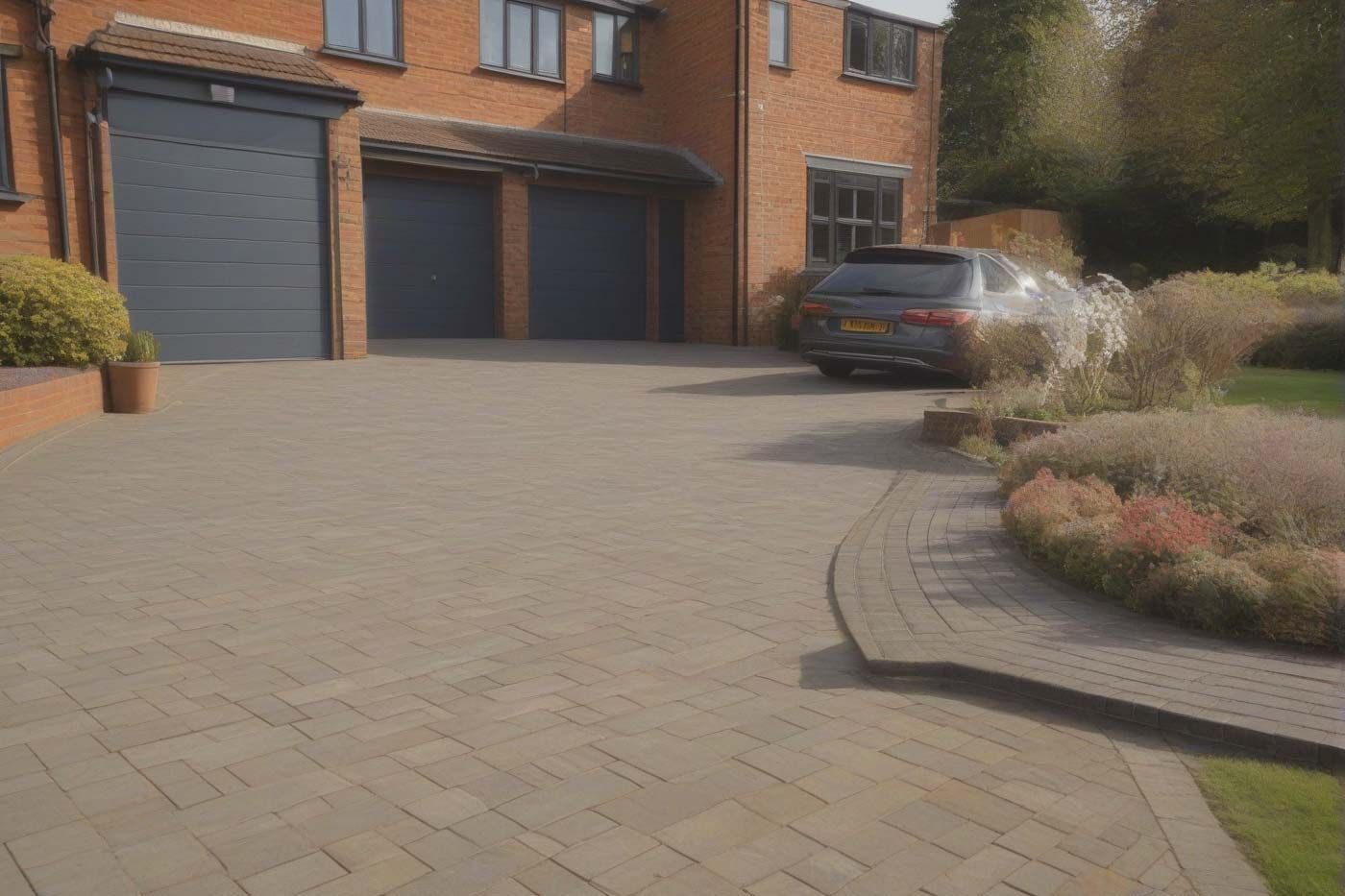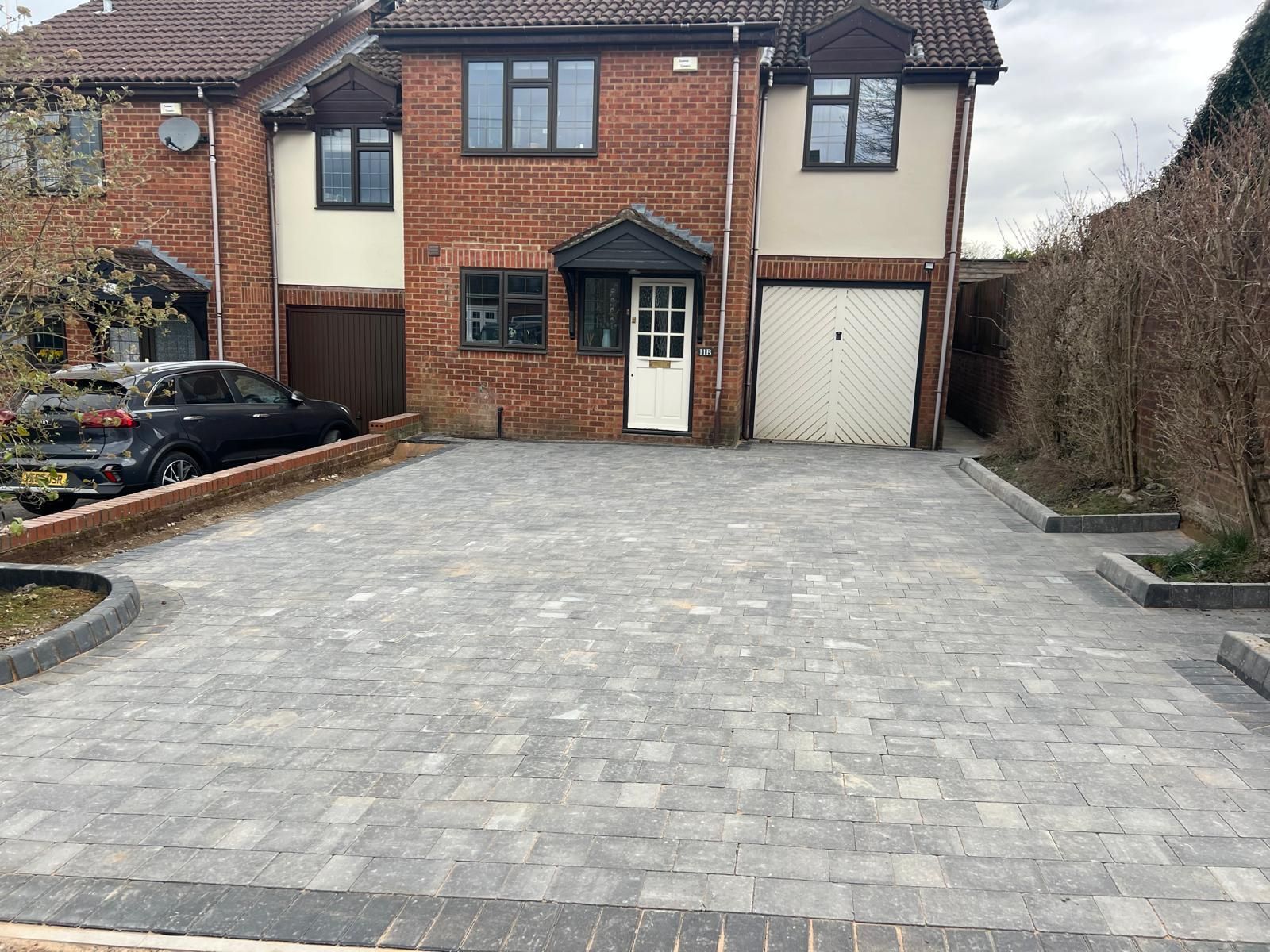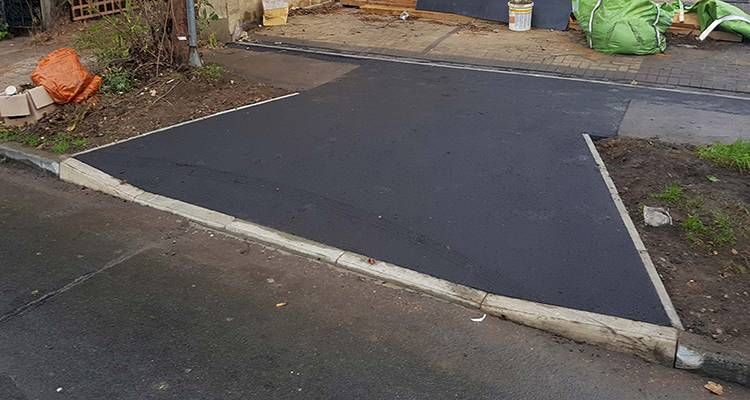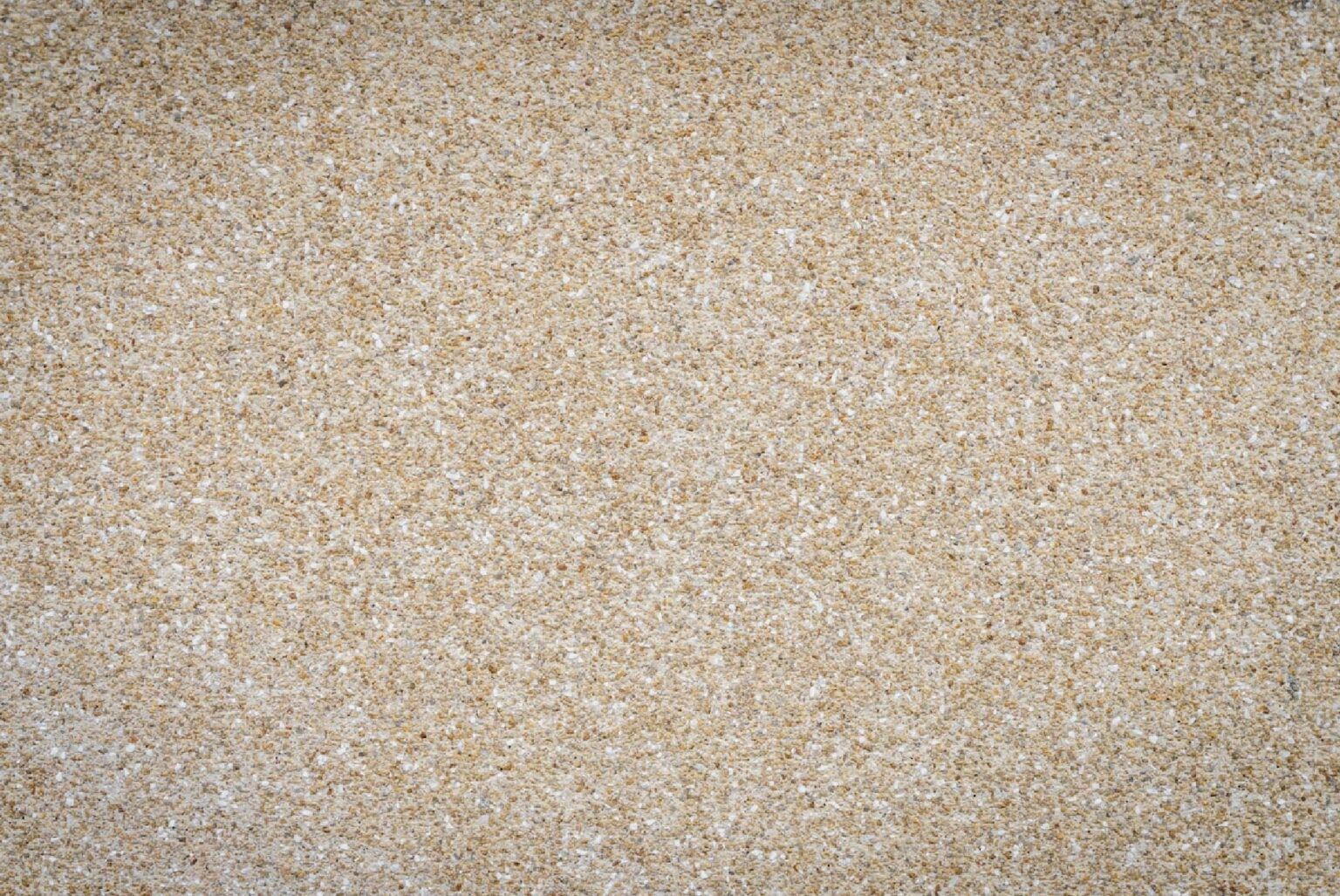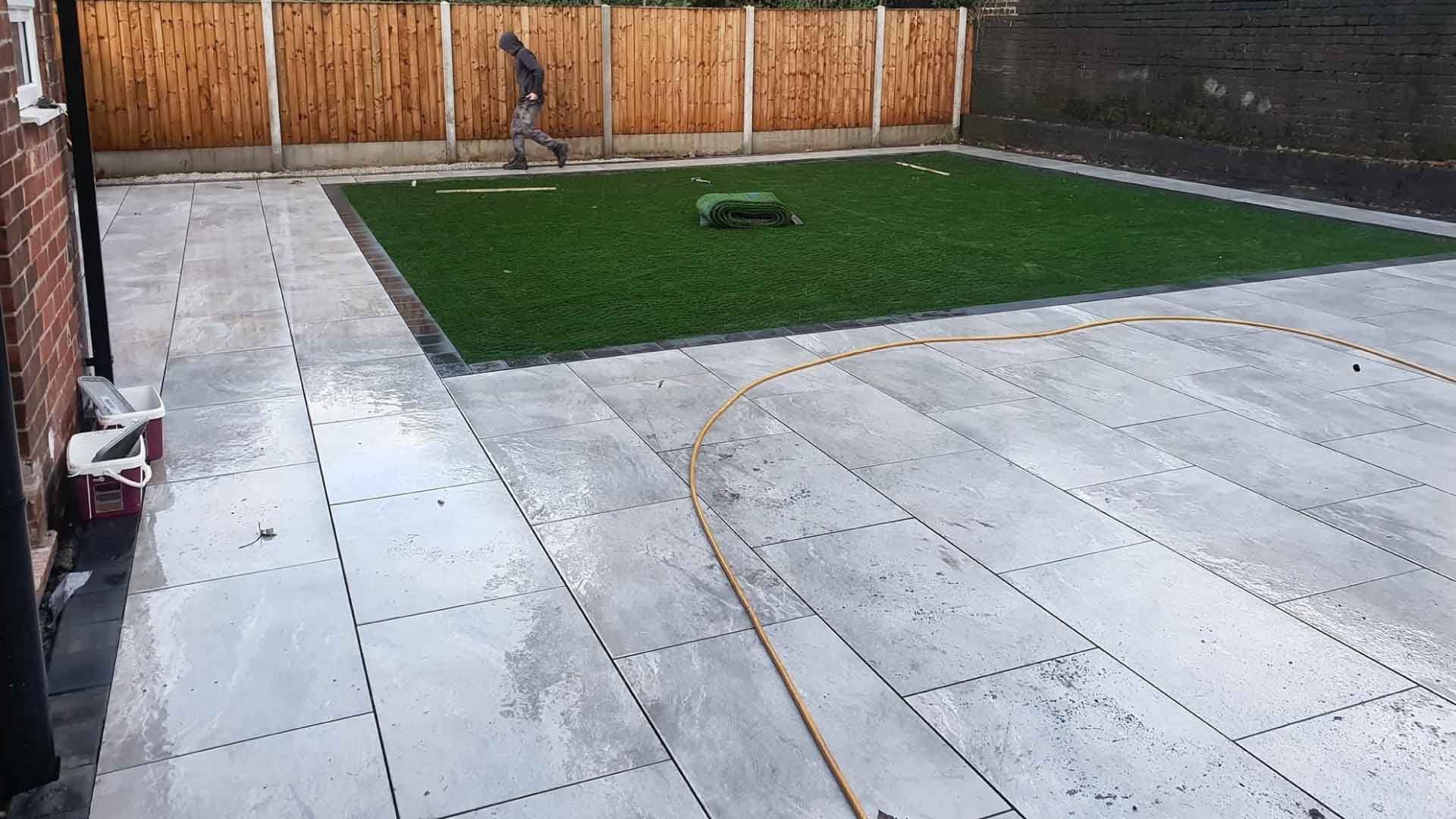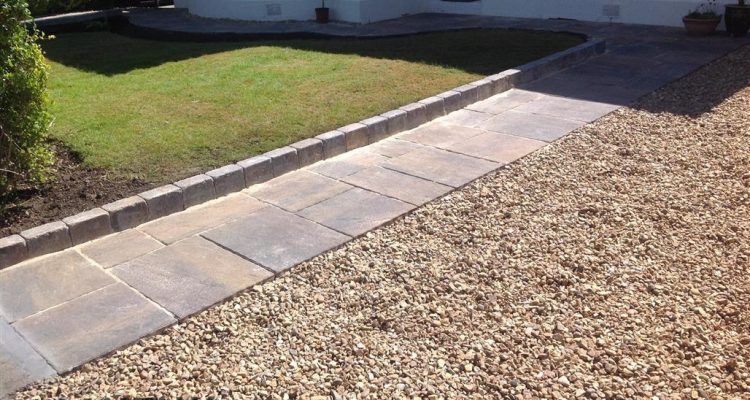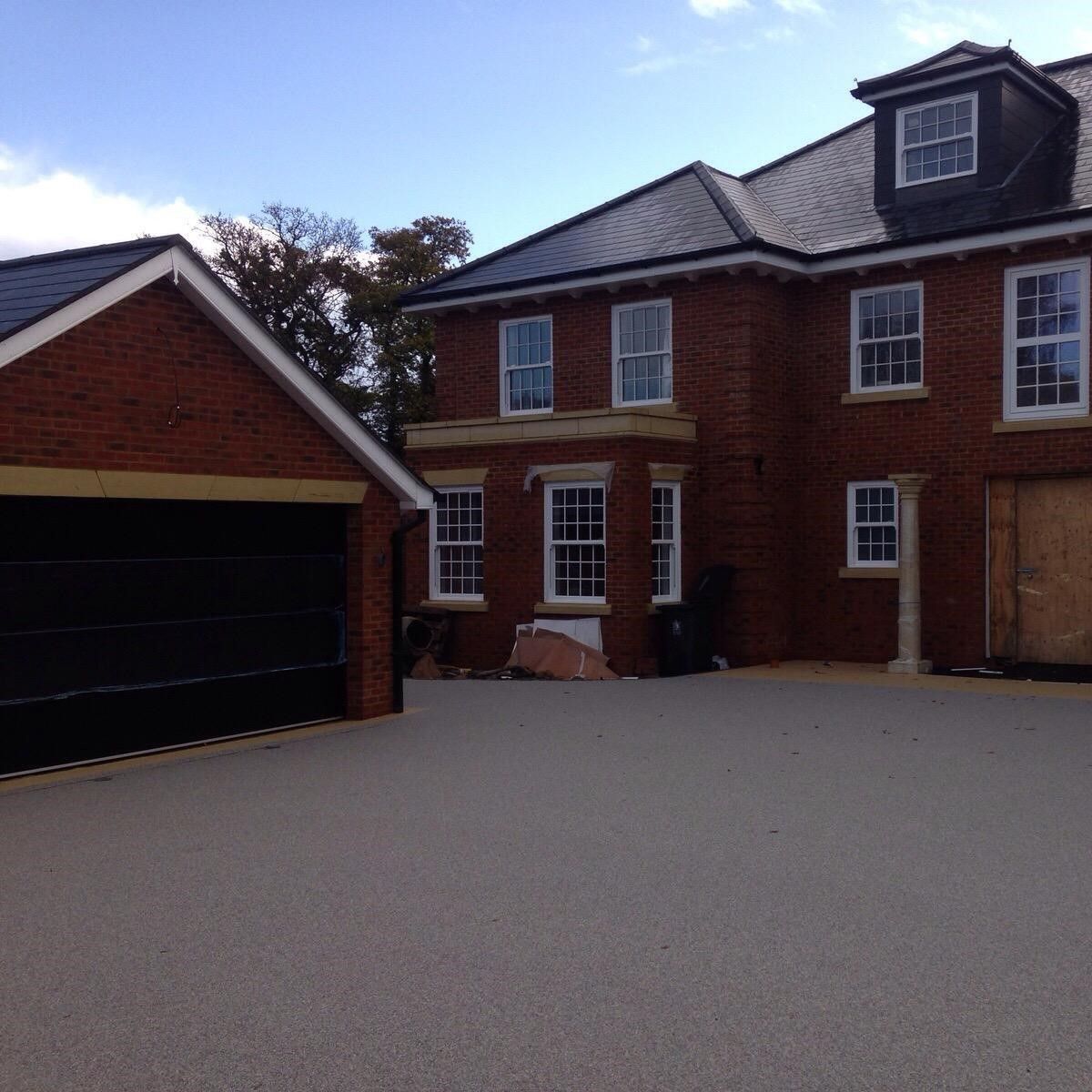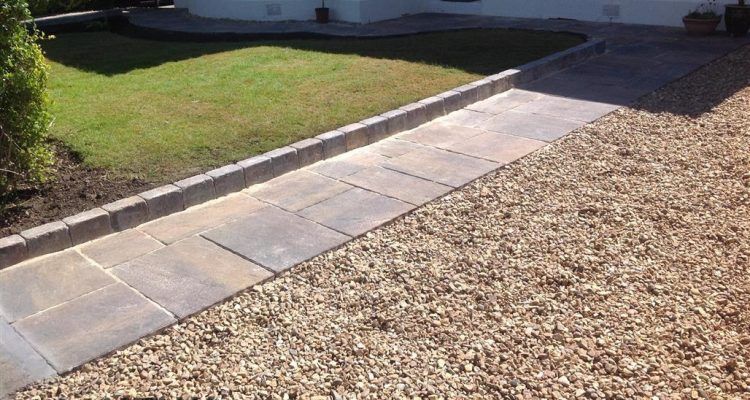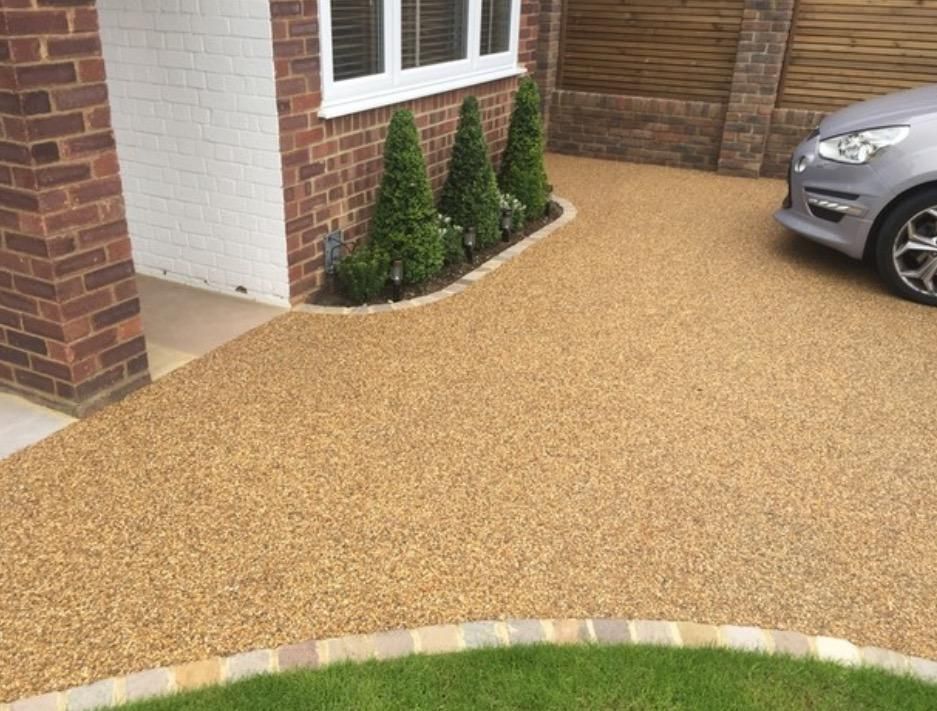Resin-Bound Qualified Installers – All You Need to Know
Do you want to enhance the kerb appeal of your home? Then, the first thing you should consider is the driveway. If you add a high-quality, well-installed driveway to your property, it will not only improve its appearance but also add value. Resin-bound driveways have gained popularity in recent years due to their aesthetically pleasing look and durability.
So, today we will discuss resin-bound qualified installers across the United Kingdom.
In this article, we will explore everything you need to know about resin-bound driveways, including their installation process, pros and cons, materials used, cost, and more! So, let’s get started.
What is a Resin-Bound Driveway?
A resin-bound driveway is created by mixing different types of natural aggregates, such as gravel, with a clear or coloured resin. This results in a smooth, visually appealing surface that complements the overall appearance of your property while also increasing its value. It provides the perfect combination of aesthetics and functionality.
This type of driveway is not only visually attractive but also durable, offering a long-lasting and low-maintenance solution for your home. It is an excellent choice for those looking to enhance their property’s kerb appeal while ensuring it remains practical for years to come.
What Materials Are Used in a Resin-Bound Driveway?
Here are the materials used in resin-bound driveways:
- Aggregates
Aggregates are the key components of a resin-bound driveway. These can include natural stones such as marble, granite, or quartz. Aggregates come in a variety of sizes and colours, allowing homeowners to choose a combination that suits their preferences. - Resin
Resin is the binding agent that holds the aggregates together. It is a UV-stable polyurethane material that ensures durability and prevents colour fading. It can be clear or coloured, depending on the desired finish.
Installation Process of a Resin-Bound Driveway
Building a resin-bound driveway is a meticulous process that involves several steps:
Step 1: Preparing the Driveway
Begin by thoroughly cleaning the existing driveway. Remove any dirt or debris and carry out any necessary repairs.
Step 2: Creating the Sub-Base
A solid sub-base is essential for stability, durability, and proper drainage. This is typically made using materials such as Type 1 MOT aggregates.
Step 3: Mixing and Laying
The selected aggregates are mixed with the resin in precise proportions. The mixture is then evenly spread onto the prepared surface and trowelled to create a smooth finish.
Step 4: Curing
Once the mixture has been laid, it is left to cure for a few days. After this period, your new resin-bound driveway is ready to use!
Why Choose a Resin-Bound Driveway?
Resin-bound driveways offer numerous benefits, making them a popular choice for homeowners. Here are some key advantages:
- Durability
Resin-bound driveways are a long-term investment. They can withstand heavy traffic and harsh weather conditions while providing excellent drainage. - Enhanced Kerb Appeal
The clean, smooth, and aesthetically pleasing appearance of a resin-bound driveway makes your property stand out. - Customisation
You can personalise your driveway by selecting different coloured aggregates or resin to create a unique look. - Eco-Friendly
As resin-bound driveways are made using natural stones, they are environmentally friendly. They also prevent water runoff, ensuring efficient drainage. - Low Maintenance
Although the initial installation cost may be higher, maintenance is minimal. With occasional cleaning and minor repairs, your driveway can last for years.
Rules and Regulations for Resin-Bound Driveways
When installing a resin-bound driveway, you must adhere to certain rules and regulations:
- Planning Permission
If you live in a conservation area, ensure that you check any planning permission requirements. - Permeability Rules
Check your local permeability requirements to ensure your driveway complies with drainage regulations and prevents flooding issues. - Installation Standards
Hire a reputable professional resin-bound service that follows industry standards to ensure a hassle-free installation. - SUDS Compliance
Sustainable Urban Drainage Systems (SUDS) regulations apply in some areas to manage water runoff. Ensure that your driveway meets these requirements.
Resin-Bound vs. Resin-Bonded Driveways
Many people confuse resin-bonded and resin-bound driveways. Here are the key differences:
Resin-Bound Driveway
- The resin and aggregates are mixed together before being laid.
- Creates a smooth, durable, and permeable surface.
- Offers excellent decorative finishes and longevity.
Resin-Bonded Driveway
- The resin is first applied to the surface, and the aggregates are then scattered on top.
- Results in a textured surface with a rougher appearance.
- Provides a stronger grip but is not as permeable as a resin-bound surface.
How Much Does a Resin-Bound Driveway Cost?
The cost of installing a resin-bound driveway depends on several factors, including the size of the driveway, the type of aggregates used, and the location of the property. Generally, prices range between £50 and £120 per square metre.
To ensure the best results, it is crucial to hire a reputable contractor with positive customer reviews.
P&M Kelly Block Paving Service provides high-quality workmanship across the UK. You can check their service portfolio and customer feedback before proceeding. It is always advisable to request a free quote and consider all factors before starting your project.
Final Thoughts
Resin-bound driveways can last up to 25 years when properly maintained. Their durability, decorative appeal, and functionality make them a popular choice for homeowners. While the initial cost may be high, minimal maintenance ensures long-term benefits.
By choosing a professional installer and following proper maintenance guidelines, you can enjoy a high-quality driveway that enhances your property’s value and appearance for years to come.
